
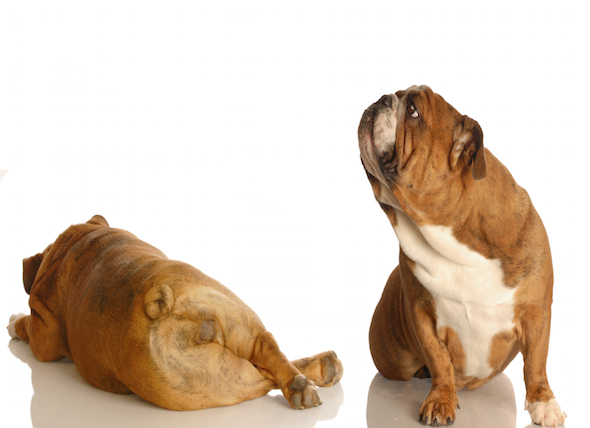
Sitting next to a dog with flatulence can be an unpleasant experience. The gaseous odors that emanate from the dog can be overbearing to the senses, but they may also be indicative of an underlying health condition that needs to be treated. In most cases gas is harmless. Of course, bacterial fermentation of nutrients, as in humans, does sometimes result in the noxious gases that escape from time to time, but you may be surprised to find that the source of most gas in dogs comes simply from swallowing too much air.
The condition or disease described in this medical article can affect both dogs and cats. If you would like to learn more about how this disease affects cats, please visit this page in the PetMD health library.
Besides the obvious increase in gas or the smell of the gas, disease may also play a part in the condition. When gastrointestinal disease is the cause, there are usually other symptoms, such as diarrhea and vomiting. Your dog may also suffer from a loss of appetite and weight.
Since most of the gas comes from swallowed air, it’s worth thinking about what causes this to occur. One of the causes is gobbling food, or competing with another dog for food and eating too quickly. A respiratory disease that causes an increased respiratory rate might be the problem, or feeding shortly after exercise before your dog has had an opportunity to slow its breathing. There are some diseases that are characterized by excessive flatulence, such as acute and chronic intestinal ailments. Inflammatory bowel disease is also a possibility, as is bacterial overgrowth in the small intestine. Neoplasia, excessive growth of tissue in the bowel, may also be a culprit. Some other diseases that may cause excessive flatulence are irritable bowel syndrome, parasites, an inflammation of the intestine caused by a virus, or a failure of the pancreas to function normally. Breeds that have short heads - brachycephalic breeds - also tend to swallow a lot of air because of the positioning of their noses.
There are medications that can help if you feel that the problem is great enough to justify it. Carminative is one of the more popular gas relieving medications that that can be given to a dog. Following are some other possible medications, but it is important that you consult with your veterinarian before dispensing any of these medications to your dog, as breed, age, and weight need to be considered:
Finally, be cautious about where your dog has access to food. For example, put secure covers on garbage cans and do not let your dog roam into the neighbors’ yards or into garages where garbage might be stored. Also, be observant to whether your dog is exhibiting coprophagia; that is, eating feces. For example, dogs especially will eat items like deer pellets because of their likeness to kibbles. If these changes do not help, schedule a visit with your veterinarian so that an underlying disease may be ruled out as a cause for the excessive flatulence.
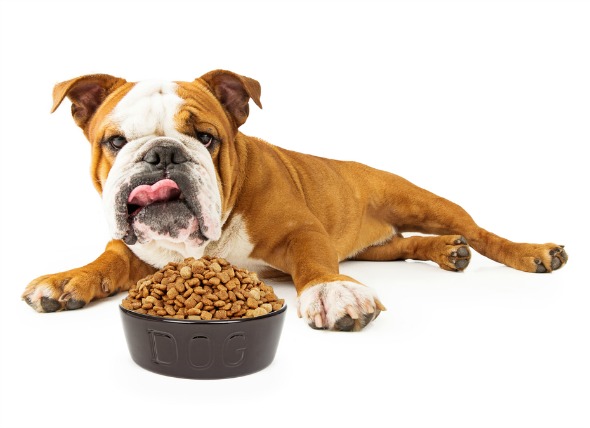 Loss of Appetite in Dogs
Anorexia in Dogs
Anorexia, as it applies to human
Loss of Appetite in Dogs
Anorexia in Dogs
Anorexia, as it applies to human
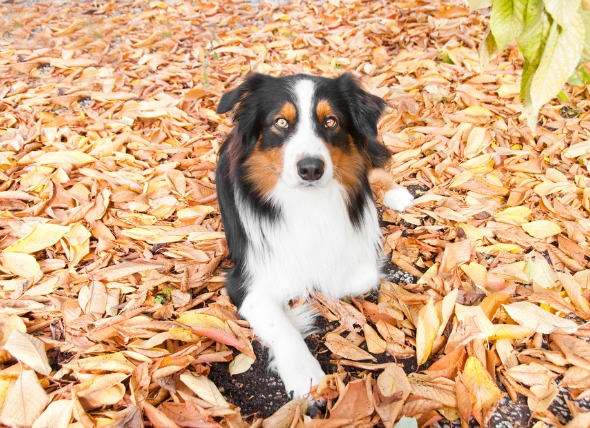 Dog Diarrhea Treatment And Cures - Diarrhea (Antibiotic-Responsive) in Dogs
Antibiotic-Responsive Diarrhea in Dogs
Veterinari
Dog Diarrhea Treatment And Cures - Diarrhea (Antibiotic-Responsive) in Dogs
Antibiotic-Responsive Diarrhea in Dogs
Veterinari
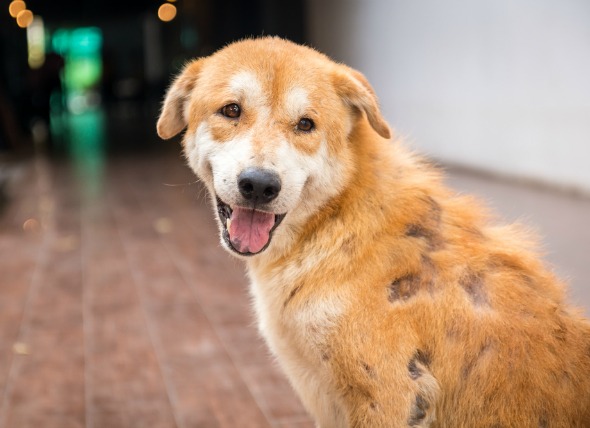 Hair Loss in Dogs
Alopecia in Dogs
Hair loss (alopecia) is a common
Hair Loss in Dogs
Alopecia in Dogs
Hair loss (alopecia) is a common
 Fatty Tissue Tumor (Benign) in Dogs
Infiltrative Lipoma in Dogs
Infiltrative lipoma i
Fatty Tissue Tumor (Benign) in Dogs
Infiltrative Lipoma in Dogs
Infiltrative lipoma i
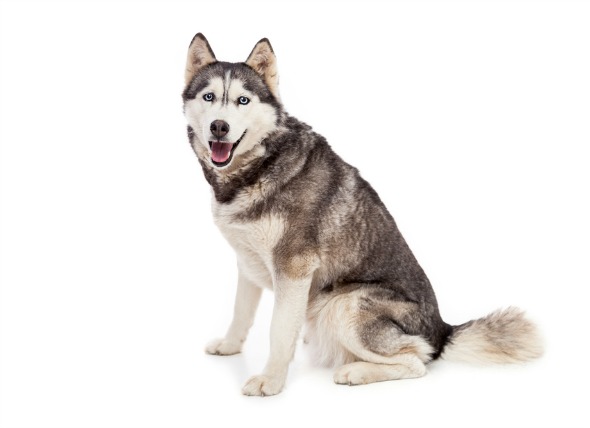 Shoulder Joint Ligament and Tendon Conditions in Dogs
Bicipital Tenosynovitis, Brachii Muscle Rupture, and Sup
Shoulder Joint Ligament and Tendon Conditions in Dogs
Bicipital Tenosynovitis, Brachii Muscle Rupture, and Sup
Copyright © 2005-2016 Pet Information All Rights Reserved
Contact us: www162date@outlook.com